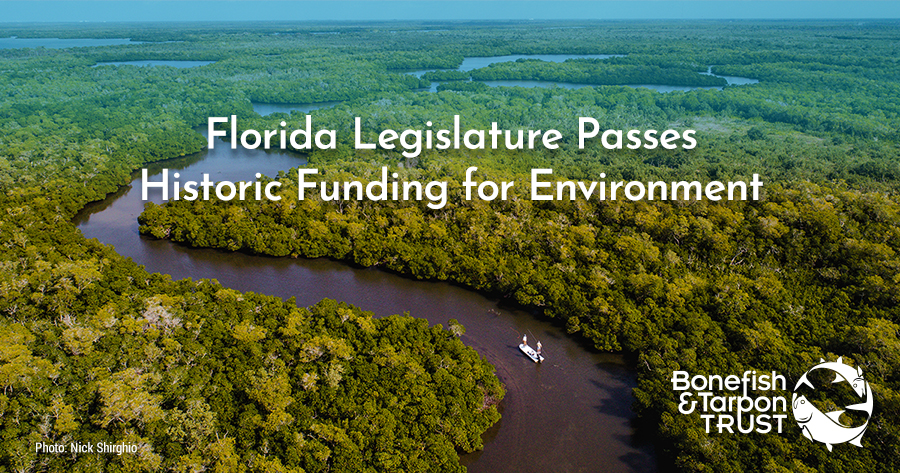Bonefish & Tarpon Trust supported historic funding and multiple bills during Florida’s 2023 legislative session to improve water quality and fish habitat along the state’s coasts and estuaries. BTT is grateful to President Passidomo, and Senators Broxon and Brodeur as well as Speaker Renner and Representatives Leek and Altman for their support. We also thank Governor DeSantis for his ongoing leadership on environmental issues.
Funding and relevant bills and their benefits for Florida’s waters and fisheries are highlighted below.
Environmental Funding Highlights
The 2023 session was another historic year for environmental funding. BTT supported the passage of this record funding throughout the legislative process.
- Everglades Restoration – $574.6 million
- Water Quality Improvements – $1 billion
- Wastewater Grant Program – $200 million
- Indian River Lagoon WQI – $104.9 million
- Biscayne Bay Water Quality Improvements – $20 million
- Caloosahatchee WQI – $25 million
- Water Projects – $433 million
- Water Quality Improvements – Everglades – $50 million
- Flood and Sea-Level Rise Program – $300 million
- Water Quality Improvements – Blue Green Algae Task Force – $12.8 million
- Innovative Technology Grants for Harmful Algal Blooms – $10 million
- Innovative Wastewater Technology – $10 million
- Springs Restoration – $50 million
- Florida Forever Programs and Land Acquisition – $1 billion
- Florida Wildlife Corridor – $850 million
- Water Infrastructure Improvements – $155.7 million
- Land and Water Conservation Grants – $13.8 million
In addition, BTT successfully advocated for a new, $2.5 million grant program to fund innovative wastewater technologies that will begin to address contaminants of emerging concern, like pharmaceuticals. This funding is a direct response to BTT research and puts Florida on the cutting edge of water quality improvements that will ensure the conservation of our natural resources.
Department of Environmental Protection’s (DEP) Environmental Package (House Bill 1379)
HB 1379 will reduce the nutrients entering our waterways. These nutrients cause harmful algal blooms (HABs) that impact fish, wildlife, and people, and exacerbate Florida’s red tides. BTT thanks the bill’s sponsors- the House Infrastructure Strategies Committee; the House Water Quality, Supply & Treatment Subcommittee; Representatives Steele and Overdorf; and the Senate Fiscal Policy Committee; the Environment and Natural Resources Committee; and Senator Brodeur. The DEP Environmental Package:
- Establishes the Indian River Lagoon Protection Program within DEP.
- Prohibits the installation of new onsite sewage treatment and disposal systems (OSTDSs) within a BMAP area adopted under s. 403.067, F.S., a reasonable assurance plan, or a pollution reduction plan where connection to a publicly owned or investor-owned sewerage system is available. In addition, on lots of 1 acre or less within such areas where a publicly owned or investor-owned sewerage system is not available, the bill requires the installation of enhanced nutrient-reducing OSTDSs or other wastewater treatment systems that achieve at least 65 percent nitrogen reduction.
- Authorizes DEP to provide grants for projects that reduce the amount of nutrients entering waters that: are not attaining nutrient or nutrient-related standards; have an established total maximum daily load (TMDL); or are located within a BMAP area, a reasonable assurance plan area adopted by final order, an accepted alternative restoration plan area, or a rural area of opportunity.
- Requires DEP, relevant local governments, and relevant local public and private wastewater utilities, as part of a BMAP that includes an Outstanding Florida Spring, to develop an OSTDS remediation plan for a spring if DEP determines OSTDSs within a BMAP contribute at least 20 percent of nonpoint source nitrogen pollution or if DEP determines remediation is necessary to achieve the TMDL.
- Dedicates $100 million annually to DEP from the Land Acquisition Trust Fund for the acquisition of lands through the Florida Forever Program.
Seagrass Restoration Development (House Bill 724)
Seagrass provides vital habitat for bonefish, tarpon, permit and their prey. It is also a critically important component of healthy and viable coastal ecosystems. BTT thanks the bill’s sponsors – the House Agriculture, Conservation & Resiliency Subcommittee; and Representatives Robinson and Sirois and others; and the Senate Appropriations Committee on Agriculture, Environment, and General Government; the Senate Environmental and Natural Resources Committee; and Senator Boyd and others.
- HB 724 establishes the Seagrass Restoration Technical Development Initiative within the Department of Environmental Protection (DEP), in partnership with Mote Marine Laboratory (Mote) and the University of Florida (UF), to develop cost-effective innovative and environmentally sustainable technologies needed to restore coastal seagrass ecosystems.
- Mote and the UF are required to create a 10-year Florida Seagrass Restoration Plan to implement tools and technologies developed under the initiative.
- Beginning in the 2023-2024 fiscal year, and through the 2027-2028 fiscal year, $2 million is appropriated from the General Revenue Fund to the DEP for the purposes of implementing this initiative. The statute will sunset in 2028, unless reimplemented.
Next Steps
BTT looks forward to working with the Governor’s office for final approval of these funding and policy priorities. In addition, we are monitoring and engaged in discussions on the implementation of line 146 of SB 2500 that would implement a one-year preemption on new or modified local fertilizer ordinances while a comprehensive study on their effectiveness is completed.
We also look forward to working with the Florida Department of Environmental Protection on the implementation of the Innovative Wastewater Technology Grant Program, and all of our federal, state and local partners on Everglades restoration and water quality and habitat programs.




